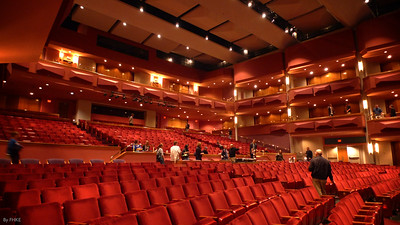I have written about the decline in community college enrollment before. Michigan has been hit particularly hard. Since the Great Recession when most Michigan community colleges were at their peak enrollment, the number of community college students has declined by 45%.
That bodes poorly for the state for a number of reasons. From 1964 to 1980, Michigan had 21 electoral votes. Today, we have 15. To be clear, Michigan’s numerical population has not declined in that time; it has risen steadily in every decennial census. But Michigan has not benefited from increasing population in the way other states have. Michigan’s population growth is slow because there is little economic opportunity here.
Michigan is a “donor” state when it comes to people with four-year degrees. Since 2017, nearly 10,000 people every year with bachelor’s degrees have left the state to live elsewhere. That kind of “brain drain” is damaging to the state. Michigan’s slow population growth combined with the number of highly educated people who are leaving means that the percentages of people with “some college, no degree” and those with only a high school diploma are increasing in terms of the state’s overall population.
That’s partially why the Washtenaw Community College strategy of drawing people away from degree programs and into short-term, non-degree certificates is both politically and economically counter-productive. We do not need more people with “some college, no degree.” As demonstrated by the last 15 years, that repels – not attracts – new industries.
Have you noticed that no major employers have located new facilities here in the last 15 years, and no new industries have come to Washtenaw County? That’s especially problematic since Ann Arbor is literally the most educated city in the United States. (WCC contributes very little to that metric.)
Community colleges need more technical degree programs
Increasing the rate of growth of Michigan’s population will require new industries and new economic growth. Short-term certificates and non-degree programs have failed miserably when it comes to attracting students to community colleges or developing the workforce in such a way that it can support new economic investment.
We don’t need a less educated workforce, but that is exactly what WCC has delivered for more than a decade. Ironically, the WCC administration and its Board of Trustees will complain loud and long about the failure of the state to invest in community colleges. However, they themselves have failed to invest in the programs and resources that would position this area to attract new industries and meaningful economic investments.
Photo Credit: FHKE , via Flickr








